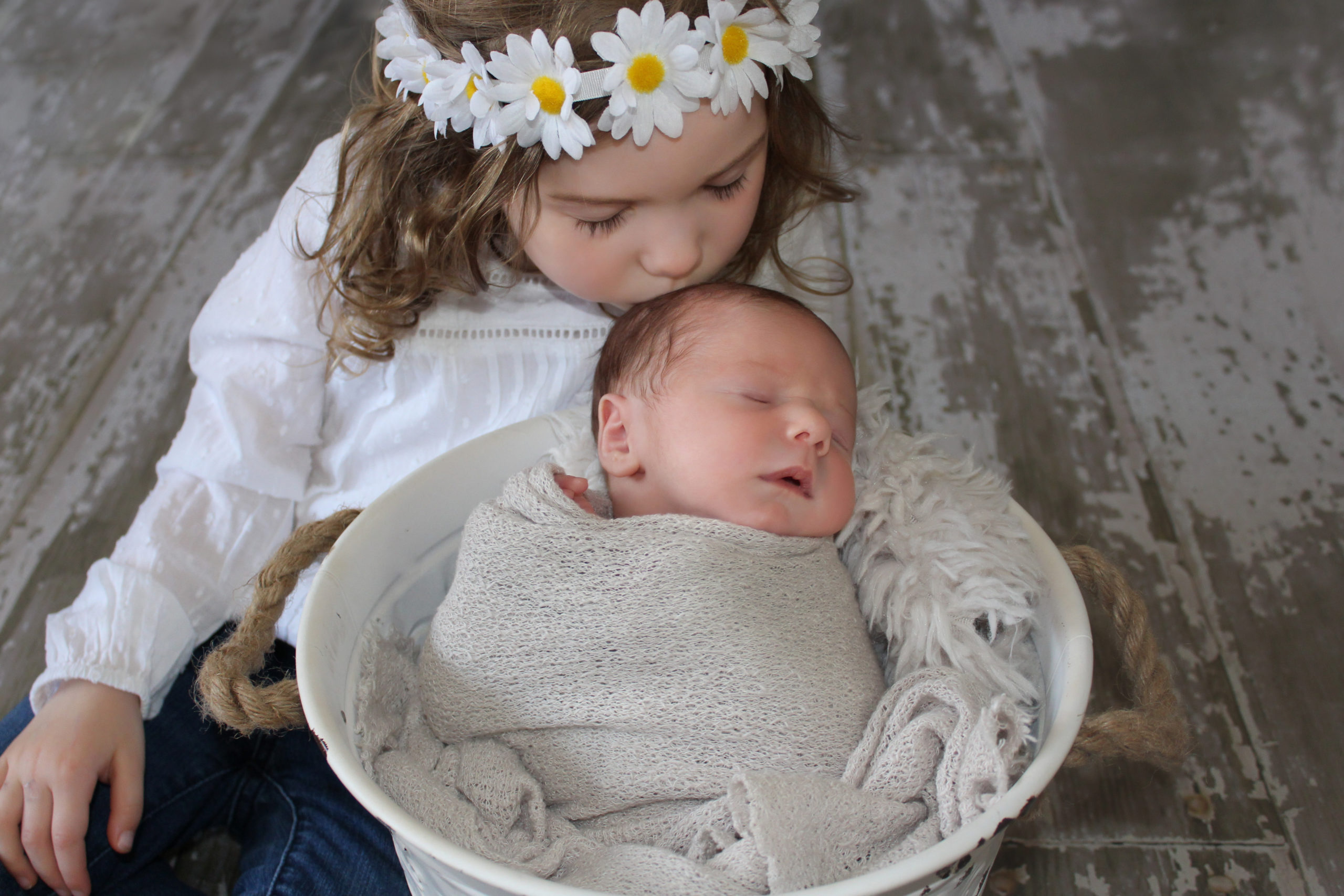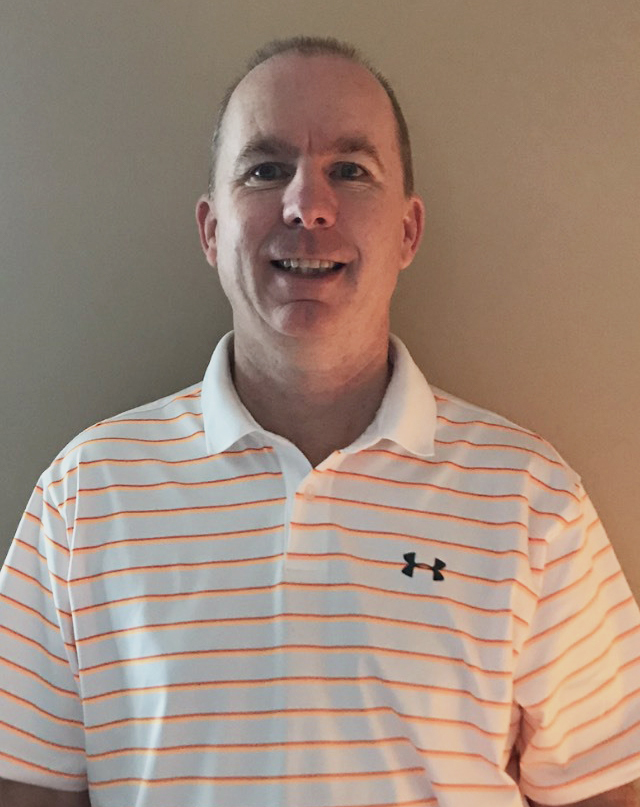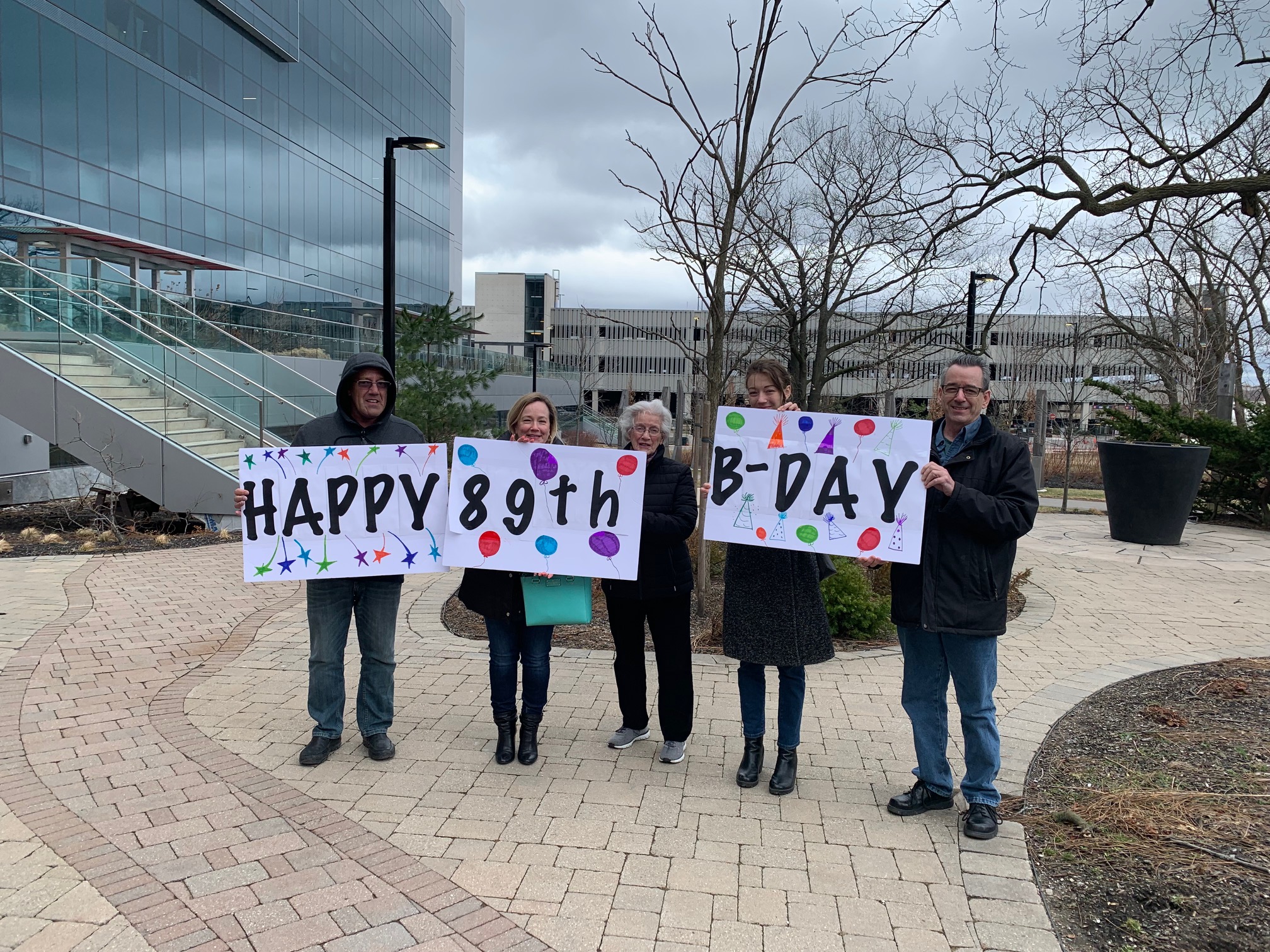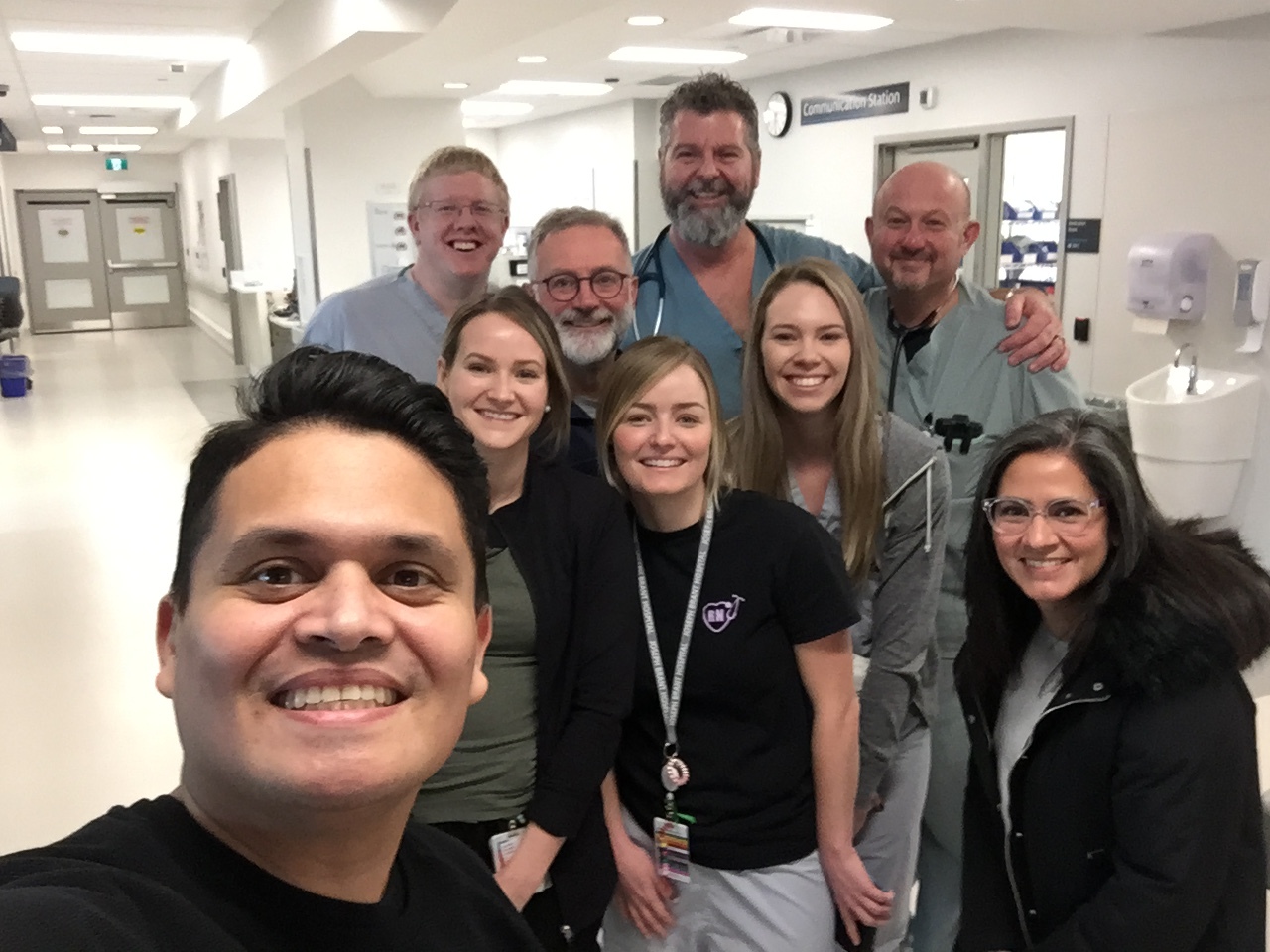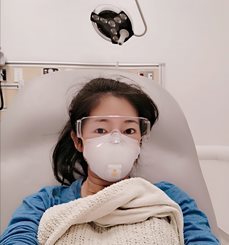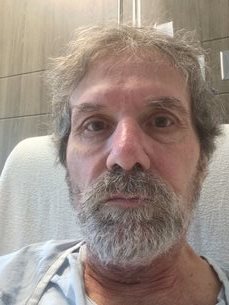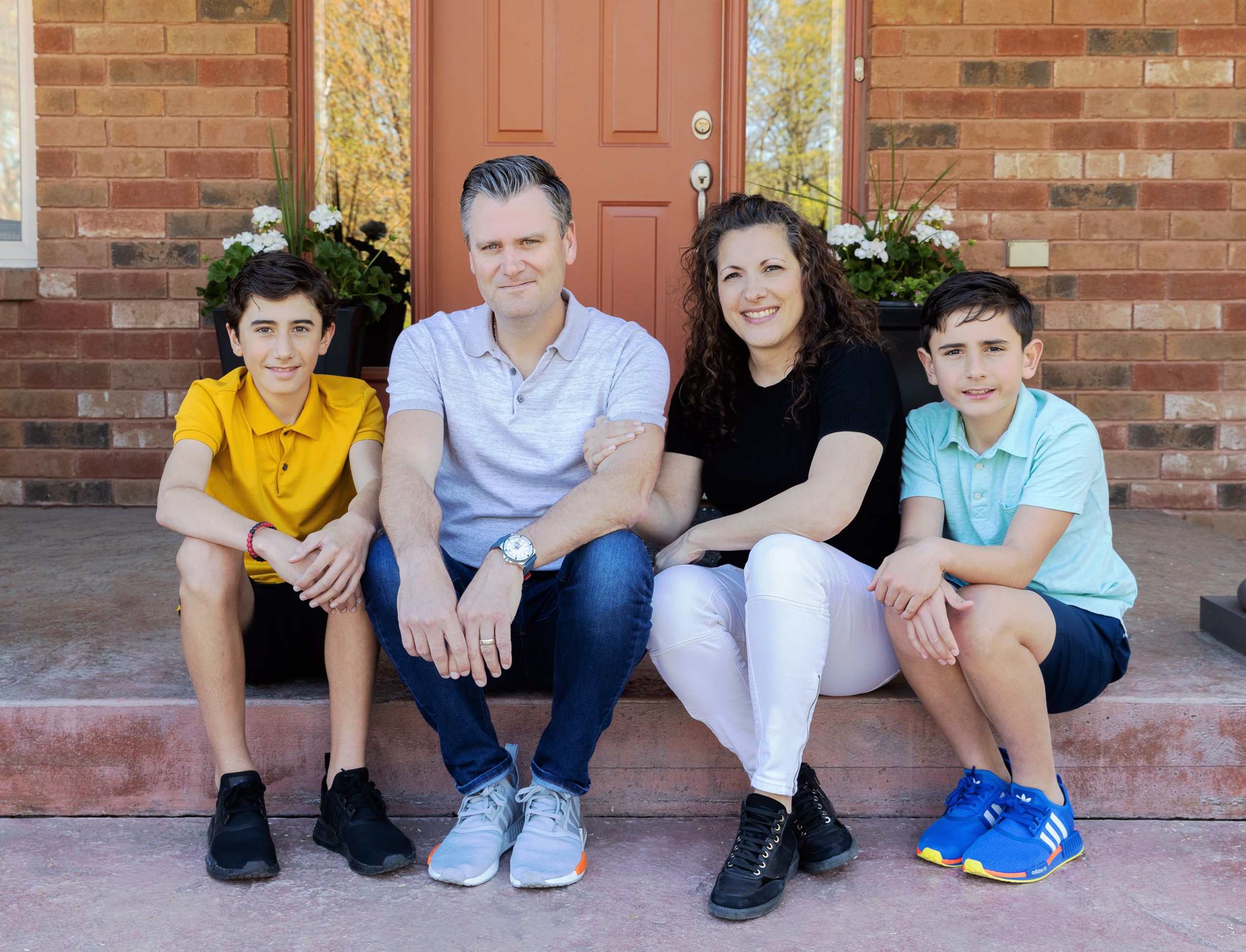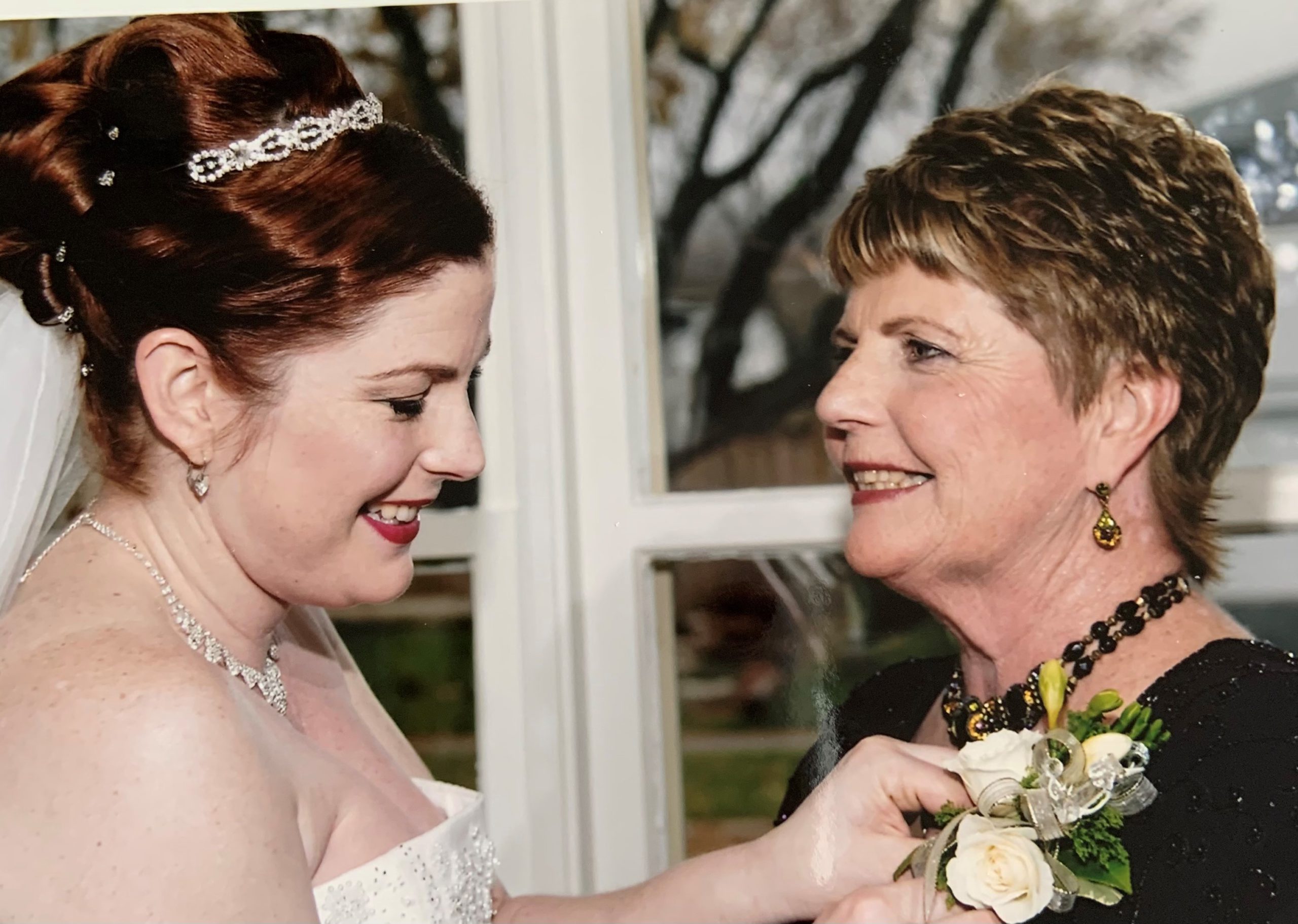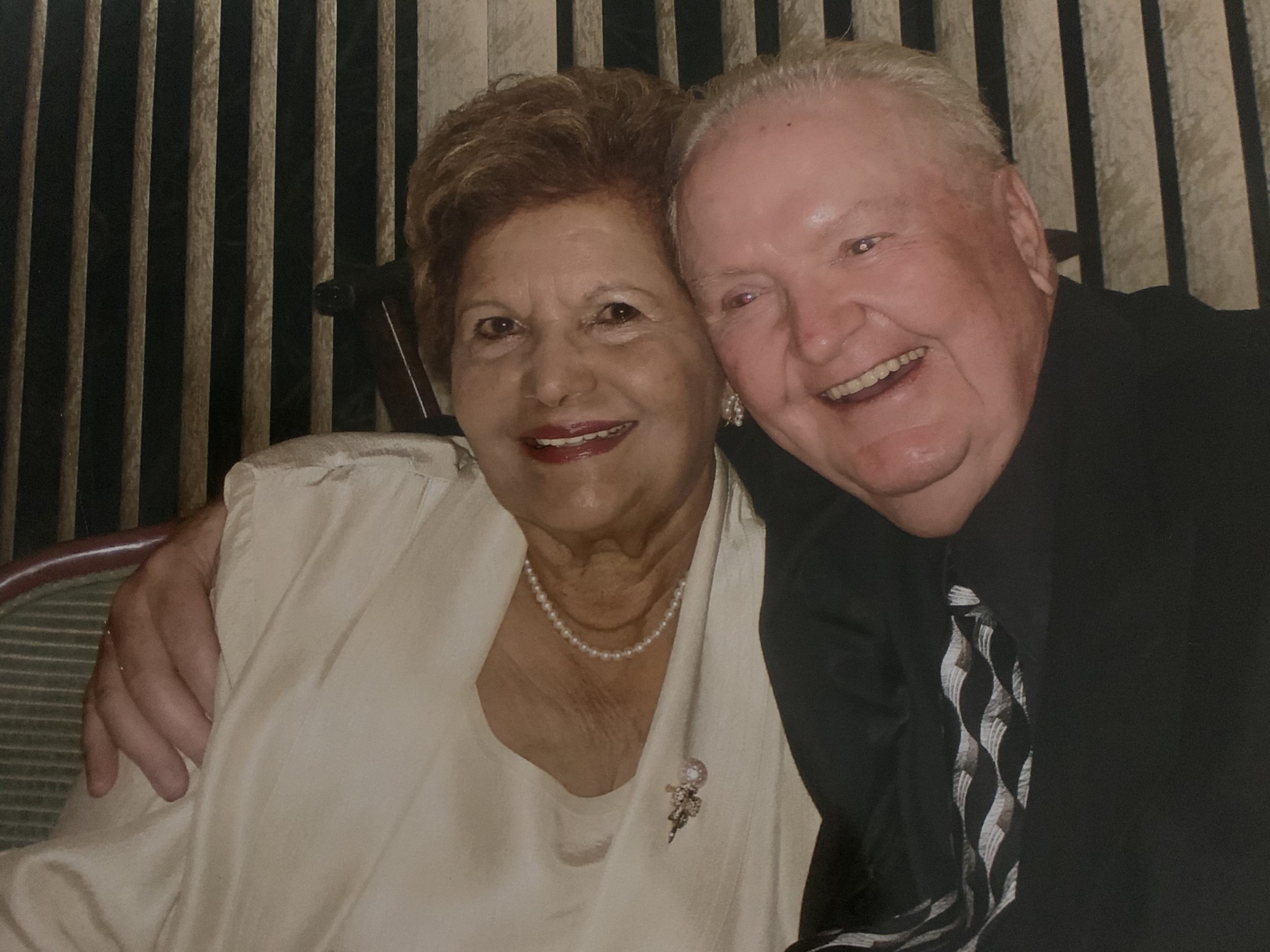“We had no computers, and there wasn’t a lot of information available,” recalls Linda. “I was in a new city, we knew no one, and I was doing my best to take care of my daughters while very ill.”
The difficult early stages of Linda’s disorder led her to seek out and receive treatment – the first step in a long road to recovery – from a gastrointestinal specialist at Joseph Brant Hospital.
“I was in very bad shape and was admitted to Jo Brant for two weeks. My blood levels were very low and I received 21 shots of vitamin K and 16 bags of plasma, before my first biopsy could be performed. After that, I did whatever the doctor told me to do and what to watch out for with my condition.”
In the following years, Linda returned to JBH many times for intravenous treatment whenever she became sick and she also visited specialists at surrounding hospitals to receive care, until finally the time came when she was recommended for a liver transplant.
It took 18 long months on a wait list until that day in early August 2003 – one day after the great blackout that hit the northeastern US and Ontario – when Linda got the call that would change her life. A compatible liver match was found and she was asked to prepare for the journey to London, Ontario for the transplant surgery.
After arriving and undergoing all of the preparatory blood work and X-Rays, Linda’s hopes were nearly dashed when cancer cells were detected on the donated liver; however, two weeks after that devastating news, another new organ was found and, at the end of August, Linda returned to London and received her liver transplant.
Just as Linda and her family made the long journey to start a new life in Burlington, where she resides today, her journey to recovery from her illness was long and arduous. But, thanks to many health providers along the way; the life-sustaining care she received at JBH in the years before her transplant; and the one individual who made that crucial decision to be an organ donor, Linda has enjoyed many more fulfilling years of life.
She was able to live and see her young daughters grow up and walk down the aisle. She was also able to witness the joy of seeing her five grandchildren born at JBH, bringing Linda’s experience at JBH full circle.
“I could not have received better treatment than I did at Jo Brant,” says Linda. “If it wasn’t for the care I received there in those early days, I would not be here today.”
Linda’s gratitude has extended towards her raising funds for the hospital over the years through Mother’s Day teas at her church. She is also a passionate advocate for organ donation awareness, giving many speeches at events since receiving her transplant.
“I urge everyone to have that ‘kitchen table’ talk with their family – make it known what your wishes are should something happen, before it is too late. Please make sure you sign up to be a donor. Go online to beadonor.ca and register your consent,” says Linda.
“It only takes two minutes to register to save a life. Just like mine.”
